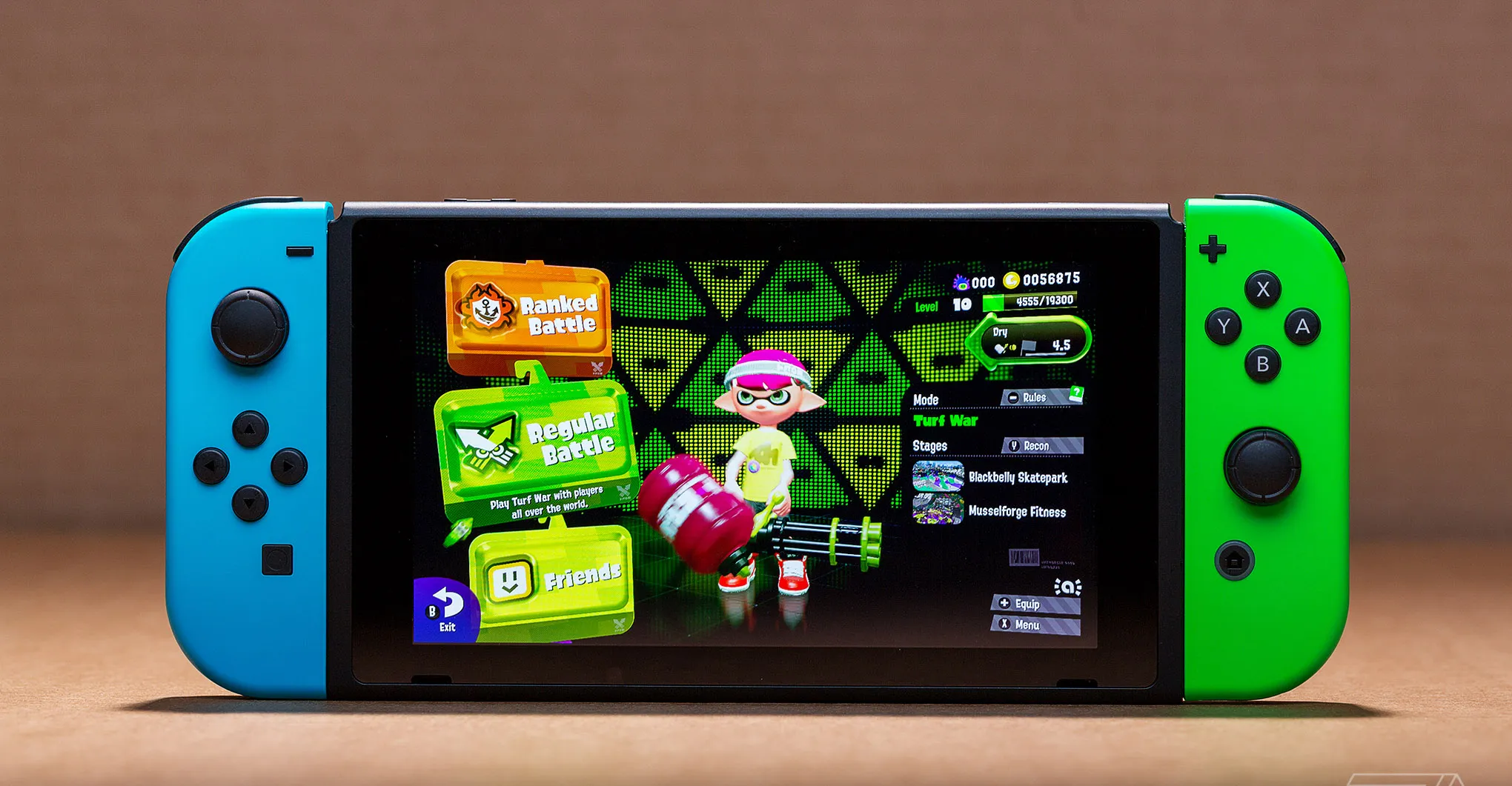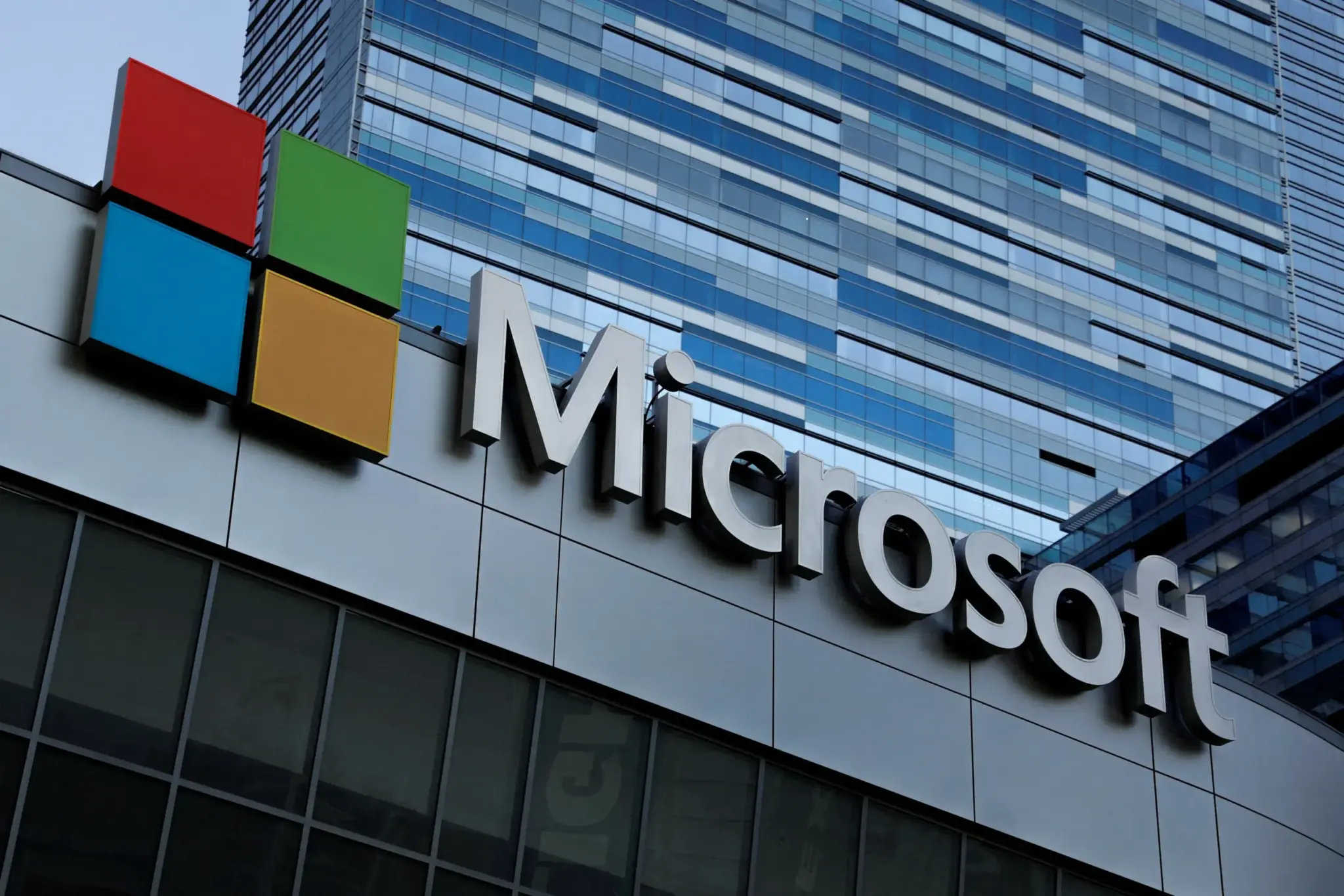Imagine a world where you truly own your digital games, a world where you can lend your favorite titles to a friend, or even trade them in when you’re done. For years, this has been the elusive dream of many gamers trapped in the current model of digital ownership, where licenses are tied to accounts and platforms, offering limited control. But what if Nintendo, the company known for its playful innovation and dedication to unique user experiences, is on the verge of making this dream a reality? Whispers are growing louder about a potential new system: Virtual Game Cards. Could this be the future of digital gaming, a reinvention that echoes the tangible joy of swapping cartridges?
While Nintendo has remained tight-lipped, the very idea of Virtual Game Cards has sent ripples of excitement and speculation throughout the gaming community. The concept, as envisioned by many, involves a system where digital games are purchased and stored as individual, transferable digital assets – think of them as the digital equivalent of the beloved Nintendo Switch game cartridges, but entirely virtual. This would mean that instead of a game being locked to your Nintendo account, it could exist as a distinct entity, capable of being “inserted” into your console, lent to a friend’s console, or even potentially traded or sold through a secure Nintendo-managed marketplace.
The implications of such a system are vast and could fundamentally alter the landscape of digital game ownership. For years, a significant pain point for consumers has been the ephemeral nature of digital purchases. Once bought, a digital game is often tied to a specific platform and account, leaving players with no option to recoup their investment or share their experiences with others in a tangible way. The introduction of Virtual Game Cards could address these concerns head-on, offering a level of flexibility and ownership that has been sorely missing in the digital age.
Think back to the days of physical game cartridges. The joy of unwrapping a new game, the satisfying click as you inserted it into your console, and the ability to easily lend it to a friend down the street were all part of the experience. Virtual Game Cards could potentially recapture this sense of ownership and community within the digital realm. Imagine being able to digitally “hand over” a game to a friend for a week so they can try it out, just like you used to with physical copies. This could foster a stronger sense of connection among players and revitalize the culture of sharing games.
Furthermore, the potential for a Nintendo-managed marketplace for Virtual Game Cards could introduce a secondary market for digital games. This would allow players to potentially recoup some of their investment when they finish a game, and it could also provide an avenue for gamers to purchase older titles at a lower price. While the specifics of such a marketplace would need careful consideration to prevent abuse and ensure fair practices, the potential benefits for consumers are undeniable.
Of course, implementing such a system would not be without its challenges. Security would be paramount. Nintendo would need to develop a robust and secure system to prevent piracy and unauthorized duplication of Virtual Game Cards. This could potentially involve advanced encryption techniques and a sophisticated digital rights management system. The infrastructure required to support the creation, transfer, and management of these digital assets would also need to be substantial.
However, Nintendo has a proven track record of overcoming technological hurdles and delivering innovative solutions. Their success with the Nintendo Switch, a hybrid console that seamlessly blends handheld and docked play, demonstrates their ability to think outside the box and create unique gaming experiences. The introduction of Virtual Game Cards could be another bold step in this tradition, potentially setting a new standard for digital game ownership in the industry.
The move could also be strategically advantageous for Nintendo. In an increasingly digital world, finding ways to differentiate their offerings and provide unique value to consumers is crucial. Virtual Game Cards could be a significant differentiator, attracting gamers who value ownership and flexibility. It could also strengthen their ecosystem by fostering a more engaged and connected community of players.
While concrete details remain scarce, the mere possibility of Virtual Game Cards has ignited the imaginations of gamers worldwide. The potential to truly own, lend, and potentially trade digital games is a compelling prospect that addresses long-standing frustrations with the current digital model. If Nintendo can successfully navigate the technical and logistical challenges, Virtual Game Cards could represent a significant leap forward in how we interact with and experience digital games, echoing the cherished aspects of physical game ownership in a modern context. Could this be the dawn of a new era in digital gaming, one where ownership and sharing are no longer relics of the past? Only time will tell, but the idea of Nintendo reinventing digital games in such a fundamental way is certainly something to watch with keen interest.


















